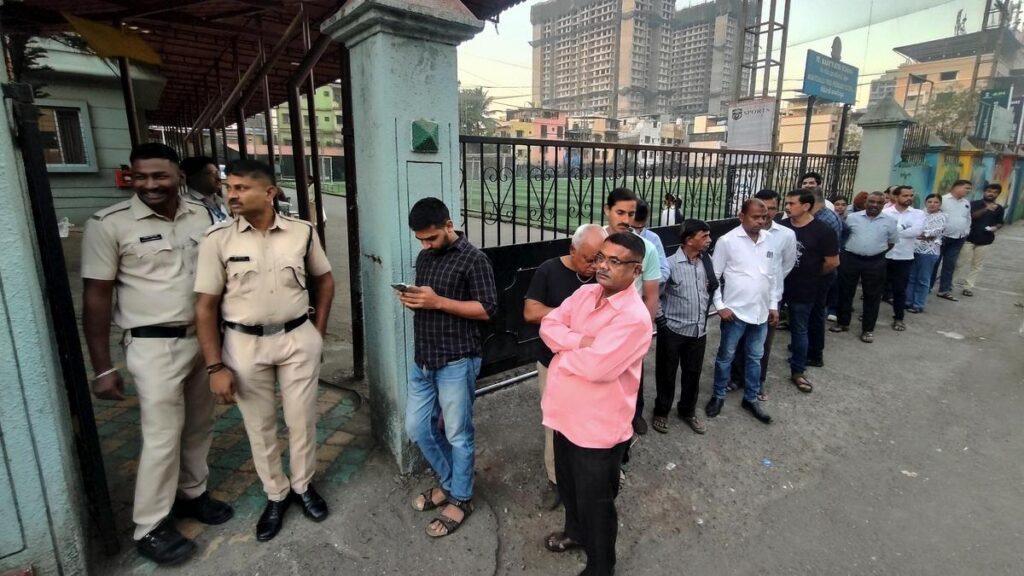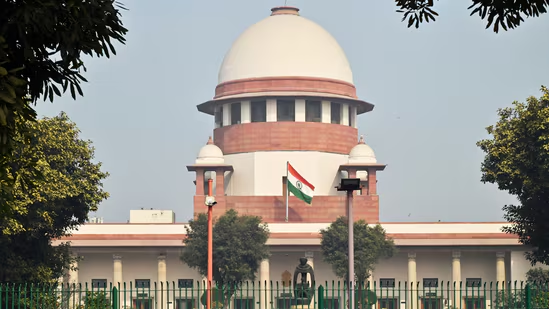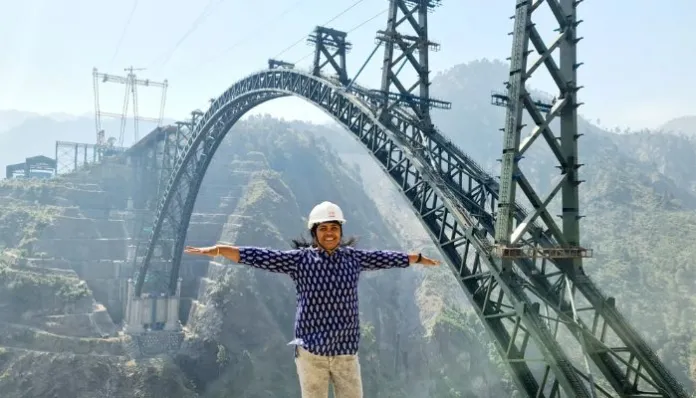Now Reading: Canada’s Last-Minute G-7 Invite to PM Modi Signals Softening of Tensions
-
01
Canada’s Last-Minute G-7 Invite to PM Modi Signals Softening of Tensions
Canada’s Last-Minute G-7 Invite to PM Modi Signals Softening of Tensions

In a surprising diplomatic shift, Canada extended a last-minute invitation to Prime Minister Narendra Modi to attend the upcoming G-7 summit. The gesture is being seen as a sign of easing tensions between the two nations, which have experienced strained ties in recent months. For India, especially in the global spotlight post-elections, the invite comes at a time when diplomatic balancing is more important than ever.
Backdrop of Strained Relations
India-Canada relations have been tense over the past year, particularly after controversial remarks and diplomatic allegations around the Khalistani issue. The situation led to a diplomatic standoff, including expulsion of envoys and strong public statements from both sides.
Amid this backdrop, Canada’s invitation has sparked fresh discussions on whether the two countries are now trying to mend fences.
Why the G-7 Invite Matters
The G-7 is a high-level forum of the world’s most advanced economies. India is not a member but is often invited as a guest for its rising global influence. This year’s summit in Italy holds particular importance for India, as it looks to strengthen its post-election international standing.
Canada’s move to include India, despite recent friction, suggests a possible recalibration in approach — one that prioritizes long-term geopolitical interests over short-term domestic narratives.
Implications for India
For India, the invitation is both symbolic and strategic. It allows New Delhi to engage in high-level discussions on global economic stability, climate action, and geopolitical alignments. For Tier 2 Indian cities and businesses, such engagements often open up new avenues — from foreign investments to tech collaborations and academic exchanges.
Moreover, the invite reflects India’s continued relevance in global affairs, regardless of bilateral hiccups.
Changing Tone in Diplomacy
While no formal breakthrough has been announced, experts suggest that this could be the beginning of a slow reset in India-Canada relations. Both countries have strong people-to-people ties, particularly through the large Indian diaspora in Canada, and economic cooperation remains an area of mutual benefit.
The G-7 invitation may serve as neutral ground to open informal talks and reduce friction.
Conclusion
Canada’s late but meaningful gesture of inviting Prime Minister Modi to the G-7 summit could be a quiet signal of diplomatic thaw. While major challenges remain, it marks a step toward constructive engagement. For a country like India, whose global voice is only growing louder, every seat at the table counts — and this one may open more doors than expected.

























